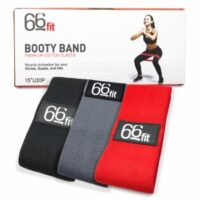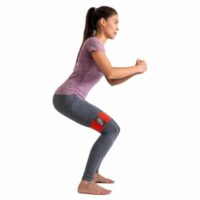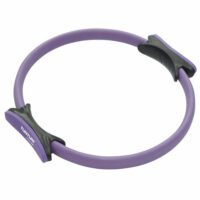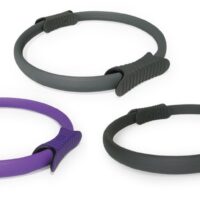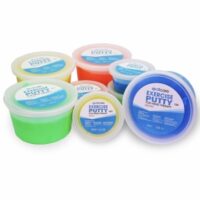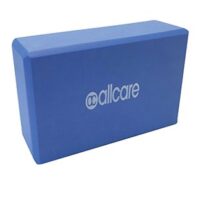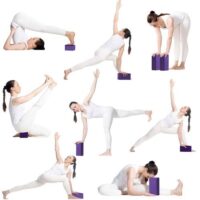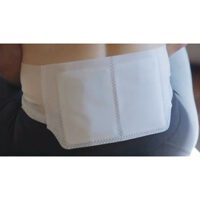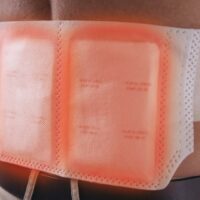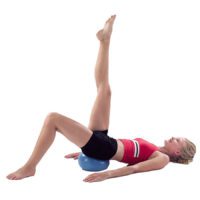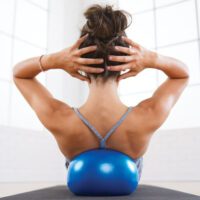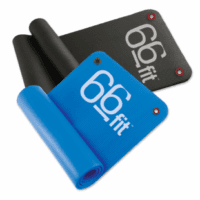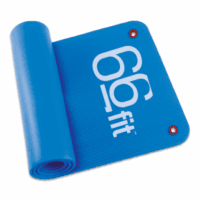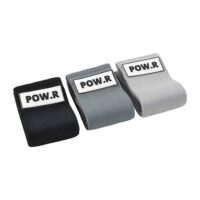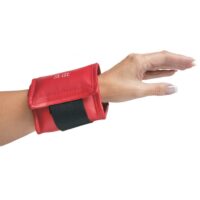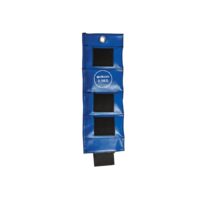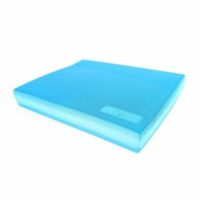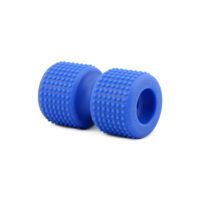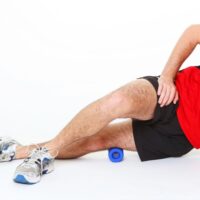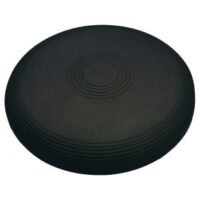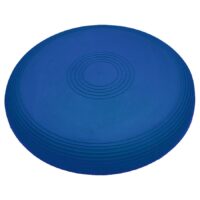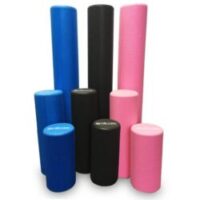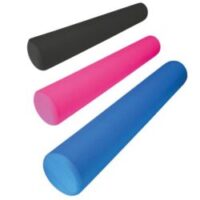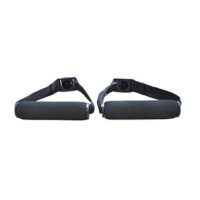Nutrition and Hydration: Essential for Achieving Fitness Goals
New Year’s resolutions often start with a burst of motivation, only to fade away. We’ve all witnessed this, especially in health and fitness regimes. Many people start January full of energy, but by the month’s end, motivation dwindles. Common complaints include “My plan isn’t yielding results,” or “I’m not progressing as I’d hoped.” Such frustrations typically stem from unrealistic time expectations, challenging fitness regimes, or juggling other commitments. The real question to ponder is, “How can I make my New Year’s plan more effective and efficient?”
The answer lies in two key areas: nutrition and hydration. Their impact on your exercise routine cannot be overstated. This guide, tailored from a physiotherapist’s perspective, will show you how to fuel your body optimally to make the most of your effort and achieve your fitness resolutions.
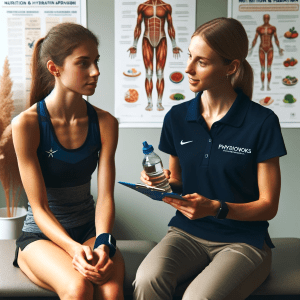
Key Guidelines for Optimal Health
The Australian Dietary Guidelines offer foundational principles for maintaining health and minimizing chronic health issues. It’s not just about maintaining a healthy weight; it’s about fuelling your body for its functions and tailoring this to your activity levels and goals.
The Core Food Groups
Grains: Whole grains such as brown rice, quinoa and oats can give us large amounts of energy, particularly for sustained activities. They are also excellent sources of fibre, vitamins and minerals needed for supporting your current health.
Vegetables: Consuming a range of colorful vegetables ensures that your body gets essential nutrients needed for not only staying in good health, but also growth and change. This applies to weight management, muscle mass and overall energy reserves.
Fruit: Like vegetables, eating a variety of fruits as part of your daily diet means that your body will receive essential vitamins, minerals and antioxidants. Working on many levels makes fruit an excellent choice as a pre and/or post-workout snack.
Lean Meats and Protein Sources: Lean sources of protein such as poultry, fish, legumes and tofu are critical for supporting muscle repair and growth. Exercise – particularly resistance training – can lead to “micro-tears” or small changes in the structure of the muscle; this is a normal part of the body adapting to become stronger. If we do not consume sufficient meats and poultry then this process will not be as effective, and the benefits of your workout will be compromised.
Dairy and Alternatives: Adequate intake of these foods means we get sufficient calcium and other essential minerals that are integral to building and maintaining bone health. This ensures that our bodies can effectively tolerate weight bearing activities such as walking, running and jumping with a reduced risk of injury, and that our skeleton stays strong moving towards older age.
Meal Planning and Timing
Plan regular, balanced meals and snacks to maintain consistent energy levels. Eat a balanced meal 2-3 hours before exercise for optimal performance and recovery. Post-exercise, a balanced meal or snack within 30 minutes aids recovery.
Through the day – Planning regular, balanced meals and snacks provides a consistent energy source.
Pre-Exercise – Consume a balanced meal 2-3 hours before exercise to ensure your body has the resources it needs to undertake and recover from the activity.
Post-Exercise – Consume a balanced meal or snack within 30 minutes of finishing your workout to aid with recovery.
Hydration
Aim for at least 8 glasses of water daily, more if you’re highly active or in a hot climate. Include potassium and sodium-rich foods or drinks for electrolyte balance, especially in warm conditions.
Operating in hot conditions – In warmer climates or during intense workouts it is particularly important to incorporate foods rich in potassium and sodium, such as bananas and sports drinks. This ensures that the electrolytes – substances in the body that influence how well it performs its usual functions – are balanced appropriately.
Conclusion
Optimising your nutrition and hydration maximises exercise benefits, accelerating progress towards your goals. Consistency is key to maintaining your fitness journey. For personalized advice, consult your physiotherapist.
What to Do?
For specific guidance and to address individual needs, consider seeking advice from a professional nutritionist, sports dietitian or a sports doctor. They can provide tailored recommendations based on your unique fitness journey.
Rochedale - Call 38410277
Book Online: RochedaleSalisbury - Call 32751044
Book Online: SalisburySandgate - Call 32691122
Book Online: SandgateRelated Articles
- Soft Tissue Injury Healing: Offers a guide on managing and preventing muscle injuries, emphasising the role of nutrition and hydration in recovery.
- Eccentric Strengthening: Discusses the importance of a personalised warm-up routine, including how nutrition and hydration play a part in preparing for and recovering from physical activity.
- Sports Health: Essential Guide For Athletes’ Safety: Provides essential safety tips for athletes, including the significance of proper nutrition and hydration.
- Cross-Training Benefits: Max Fitness And Prevent Injuries: Highlights the benefits of cross-training for maximising fitness and reducing injury risks, underscoring the role of balanced nutrition and hydration.









